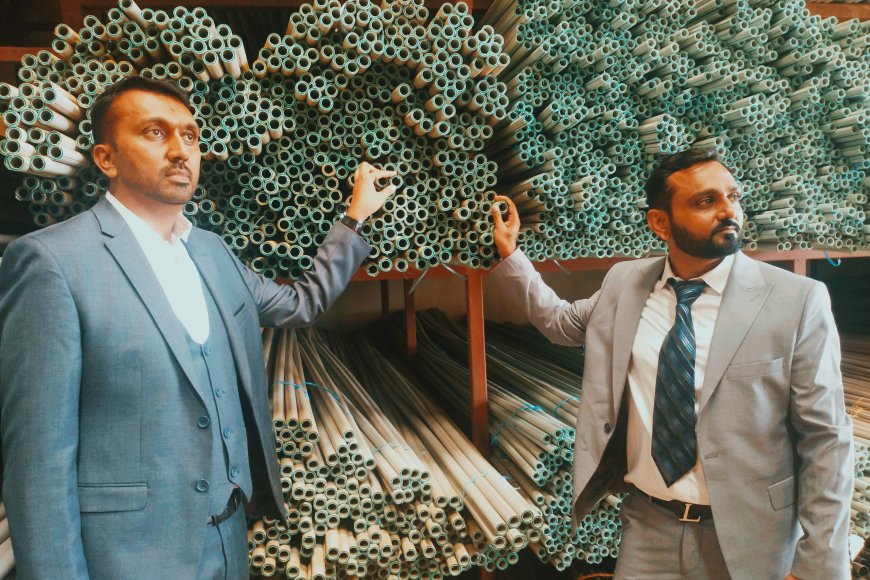The Essential Role of Oil and Gas in Our Everyday Lives

By Faith Edigold Musimenta
What’s one thing you can’t go a day without? For me, it’s a juicy slice of watermelon delicious! Just thinking about it makes me crave one right now.
But beyond our favorite indulgences, there’s something even more essential to our daily lives something we often overlook: oil and gas. When we hear these terms, we usually think of fuel for vehicles. But oil and gas play a much broader role, influencing nearly every aspect of our daily routines often without us even realizing it.
Take a look at your wardrobe. Many of the clothes we wear are made from synthetic fibers like polyester or nylon materials derived from oil. And it’s not just in fashion. These oil-based materials are widely used in industrial and safety gear such as ropes, nets (nylon, polyester), coveralls, hazmat suits (polypropylene, polyester), helmets (polycarbonate, ABS plastic), and more.
In the medical and hygiene sectors, items like disposable masks and gloves (polypropylene), bandages and dressings (rayon, polyester), as well as diapers and sanitary pads (polypropylene, rayon), also rely heavily on oil-derived materials.

Even if you opt for natural fabrics like cotton, you’re still indirectly relying on oil and gas. Cotton farming often requires fertilizers made from natural gas. Fertilizers such as ammonia and urea, both derived from oil and gas, are vital in food production, providing nutrients for crops like maize, beans, and coffee. And those plastic irrigation pipes used to water crops in arid regions? Also made from oil-based products.
Now, think about the electronics you use every day your phone, laptop, baby monitor, or washing machine. Most of these devices are encased in plastic shells made from oil by-products. Even the circuit boards inside depend on oil-based chemicals. These materials are durable, heat-resistant, and essential to keeping your electronics functioning properly.
Here’s another familiar example you’ve probably polished your shoes at least once, maybe even today. Shoe polish often contains oil-based chemicals. If you’ve used petroleum jelly like Vaseline, that too is a by-product of oil. And ladies, many hair and beauty products including foundation and lipstick use oil-derived ingredients to enhance texture, durability, and resistance to heat and sweat.
The list doesn’t stop there. In our homes, countless everyday items depend on oil-based products. Cleaning products like soaps and detergents are made with oil-based chemicals because of their effectiveness in cutting through grease and stains. Plastic containers used to store food, water, and household items are also oil-derived.
While bio-based plastics and plant-derived chemicals are gaining popularity, they are unlikely to fully replace oil and gas products in the near future.
Renewable sources like corn and sugarcane, used in bio-plastic production, often compete with food needs, require significant land use, and may cause environmental degradation. Additionally, bio-based products tend to be more expensive to produce and may not match the durability, versatility, or heat resistance of oil-based alternatives.
There’s no doubt that renewable energy and petrochemical alternatives offer promising environmental benefits.
However, we have not yet reached a point where they can fully substitute oil and gas products especially in terms of affordability and performance. As research into sustainable options continues to advance, oil and gas remain essential for meeting our everyday needs.
The author is a Senior Petroleum Economist and Financial Analyst at the Petroleum Authority of Uganda.

































































































































